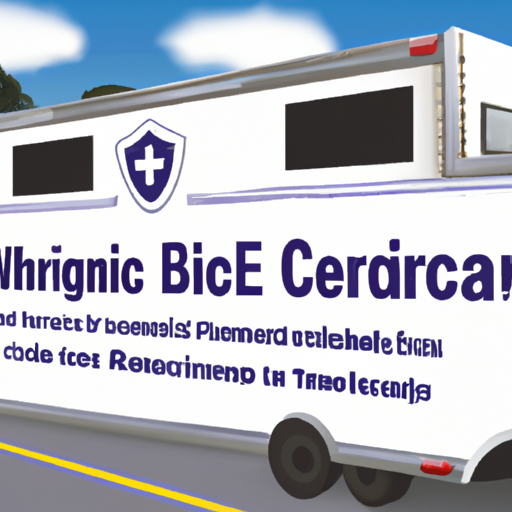Efforts in Bridgewater to Combat the Opioid Crisis
Canada is currently immersed in a far-reaching opioid crisis that is affecting cities and towns, from the smallest village to the premier metropolis—Bridgewater inclusive. The opioid dilemma is textbook multifaceted and has strained public health, law enforcement, and the judiciary.
Framework of the Canadian Opioid Crisis
Commonly abused opioids include both legal prescription opioids such as oxycodone, hydrocodone and fentanyl, and illegal drugs like heroin. The crisis is being driven by an increase in opioid prescriptions, higher potency of synthetic opioids, and the concurrent use of opioids with other substances. The effects of this crisis ripple beyond the direct group of opioid users to affect communities in a multitude of ways:
– Increased crime rates, as people struggling with addiction may resort to unlawful activities to finance their habit.
– Housing instability and an increase in homelessness as people suffering from addiction may lose their jobs and homes.
– Overburdened healthcare systems struggling to meet the increasing demand for care from those affected by the crisis.
– Secondary medical issues associated with opioid use, such as the spread of HIV/AIDS and Hepatitis C through shared needles.
Amid these challenges, Bridgewater, a town located in Lunenburg County, Nova Scotia, has made strides in stemming the effects of the opioid crisis. A piece of news from the Nova Scotia Health Authority offers insights into the unique and intimate measures that the town has adopted.
Bridgewater’s Approach to the Opioid Crisis
A key development in Bridgewater’s response to the opioid crisis has been the implementation of mobile primary care clinics. The town rolled out two primary care clinics, which are focused on providing support to those who are most vulnerable.
– These clinics are mobile, offering their services right within the community. The flexible nature of the clinics caters to those who are unable to attend a standalone behaviour health clinic due to issues such as lack of transportation or inability to secure an appointment due to high demand.
– With a core objective of overdose prevention, the clinics offer a range of services, including distribution of Naloxone kits, a measure known to help reverse overdoses.
– Additionally, the clinics also focus on addressing social determinants of health such as housing and food security.
The clinics are an embodiment of the harm reduction approach – a set of practical strategies aimed at reducing the negative consequences associated with drug use. The harm reduction approach prioritizes public health over punitive responses and empowers communities to implement effective interventions.
The Opioid Class Action
The response of Bridgewater to the opioid crisis takes place within the larger legal framework of Canada’s opioid class action. An opioid class action, currently before the courts, seeks to hold pharmaceutical companies accountable for their role in the opioid crisis. The proposed lawsuit cites negligence and failure of duty on the part of pharmaceutical companies regarding the sale and marketing of opioids.
While the legal battle continues, every intervention and holistic initiative to limit the repercussions of the opioid crisis—such as the mobile primary care clinics installed in Bridgewater—plays an instrumental role in the broader narrative of fighting back against this ever-escalating crisis.
Key Points
– The opioid crisis in Canada is multifaceted, with a high cost on public health, law enforcement, and the judiciary.
– Bridgewater has implemented mobile primary care clinics aimed at supporting the most vulnerable and reducing overdose cases.
– Beyond medical care, the clinics are also tackling social determinants of health, such as food and housing security.
– Bridgewater’s efforts are taking place within the larger legal framework of an opioid class action that is ongoing in Canada’s courts.
In Conclusion
While the opioid crisis continues to impose massive strain on various sectors of society, the approach by Bridgewater exemplifies the innovative on-ground initiatives that are being undertaken across Canada. The mobile primary care clinics, alongside the ongoing opioid class action, are essential interventions on a complex battleground.
It is through holistic, community-led initiatives, and holding accountable those complicit in perpetuating the crisis, that Canada can expect to see significant progress in tackling the opioid crisis in the long run. The story of Bridgewater serves as a powerful reminder that the path to a solution requires not only medical innovation, but also resilience, compassion, and a strong commitment to public health.
